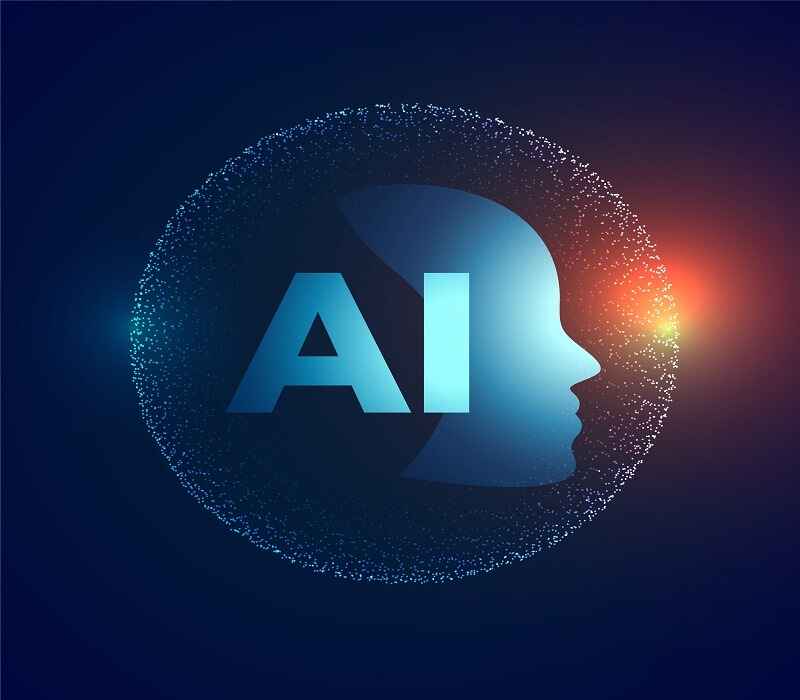Artificial intelligence (AI) has made remarkable strides in recent years, revolutionizing industries from healthcare to entertainment. One of the most intriguing advancements is AI-driven voice cloning, which allows machines to replicate human speech with astonishing accuracy. This technology is transforming the way we interact with digital content, offering both incredible opportunities and ethical challenges. As AI voice cloning continues to evolve, it raises important questions about authenticity, security, and creative possibilities.
The Journey of Voice Cloning Technology
The concept of voice synthesis dates back to early computer-generated speech experiments in the 1950s. However, these early attempts were robotic and lacked natural intonation. Over the decades, researchers refined speech synthesis techniques, leading to the development of text-to-speech (TTS) systems that could generate more natural-sounding voices.
The real breakthrough came with deep learning and neural networks. AI models, such as WaveNet by DeepMind and Tacotron by Google, introduced sophisticated algorithms capable of mimicking human speech patterns with remarkable realism. These innovations paved the way for the development of highly accurate AI voice cloning solutions that can replicate a person’s voice using just a few minutes of recorded audio.
How AI Voice Cloning Works
AI voice cloning relies on deep learning and neural networks to analyze speech patterns, tone, pitch, and intonation. The process typically involves three key stages:
- Data Collection – A machine-learning model is trained on audio recordings of a specific speaker. The more data available, the better the AI can replicate the nuances of the voice.
- Voice Modeling – Neural networks process the audio data, learning speech patterns, inflections, and unique vocal characteristics.
- Voice Synthesis – Once trained, the AI generates speech that sounds nearly identical to the original voice, enabling real-time or pre-recorded voice applications.
Real-World Applications of AI Voice Cloning
The rapid advancement of AI voice cloning has led to its adoption across various industries. Here are some key applications:
1. Entertainment and Media
AI voice cloning is transforming the entertainment industry by enabling voice actors to extend their capabilities. It allows filmmakers and game developers to create realistic voiceovers without requiring extensive recording sessions. Additionally, it enables the recreation of voices for historical or deceased figures, offering new storytelling possibilities.
2. Assistive Technology
For individuals with speech impairments, AI voice cloning provides a powerful tool to regain their voice. Patients suffering from conditions like ALS (Amyotrophic Lateral Sclerosis) can preserve their natural speech and communicate through synthesized voice technology, significantly enhancing their quality of life.
3. Customer Service and Virtual Assistants
Businesses are leveraging AI-driven voice solutions to enhance customer support experiences. Virtual assistants and chatbots can now communicate with users in a more natural and personalized manner, improving engagement and efficiency.
4. E-Learning and Audiobooks
AI voice cloning allows educators and content creators to generate high-quality voiceovers for e-learning courses, audiobooks, and language training programs. This technology provides learners with a more immersive and engaging experience.
5. Personalized Content Creation
Content creators, influencers, and marketers can use AI voice cloning tools to generate customized audio content. Whether for podcasts, advertisements, or social media videos, this technology enables professionals to produce unique voice-based content with minimal effort.
The Ethical and Security Challenges of AI Voice Cloning
Despite its many benefits, AI voice cloning raises ethical and security concerns. Some of the key issues include:
1. Deepfake Threats and Misinformation
The ability to clone voices with high accuracy has led to concerns about deepfake technology being used to spread misinformation. Fraudsters can manipulate voice recordings to impersonate public figures, creating potential risks for political disinformation and financial fraud.
2. Privacy and Consent Issues
The use of an individual’s voice without consent is a significant ethical dilemma. While AI voice cloning has legitimate applications, unauthorized use of a person’s voice for commercial or deceptive purposes raises legal and moral concerns.
3. Cybersecurity Risks
Voice authentication is used in banking and security systems, making AI voice cloning a potential tool for cybercriminals. If malicious actors can replicate a person’s voice, they might bypass security protocols and gain unauthorized access to sensitive information.
The Future of AI Voice Cloning
The future of AI voice cloning is both exciting and uncertain. As the technology advances, researchers are working on implementing safeguards to prevent misuse. Developers are exploring methods such as watermarks and AI-based detection systems to identify synthetic voices and distinguish them from real ones.
Additionally, regulations and ethical guidelines are being established to govern the use of AI voice cloning. Organizations and policymakers are advocating for responsible AI development to ensure that the technology benefits society while minimizing risks.
As AI continues to progress, voice cloning will likely become more refined, enabling new possibilities in accessibility, creativity, and human-computer interaction. The key to harnessing its potential lies in ethical implementation, transparency, and regulatory measures that balance innovation with security.
Conclusion
AI voice cloning is reshaping the digital speech landscape, offering both remarkable benefits and significant challenges. From entertainment to assistive technology, its applications are vast and transformative. However, ethical concerns surrounding privacy, misinformation, and cybersecurity must be addressed to ensure responsible adoption. As advancements in AI continue, the future of digital speech will be defined by a balance between innovation and ethical responsibility.
For more articles, visit our website: https://traceloans.blog/




Voice cloning seems like a game-changer in the accessibility space, particularly in e-learning and assistive technologies. It’s exciting to think about how this could help people with speech disabilities, but also a bit worrying when I think about privacy concerns.
It’s fascinating to see how far voice cloning has come—from robotic tones to almost indistinguishable human voices. I’m especially intrigued by how it’s opening doors in accessibility tech, though the deepfake risks are definitely concerning.